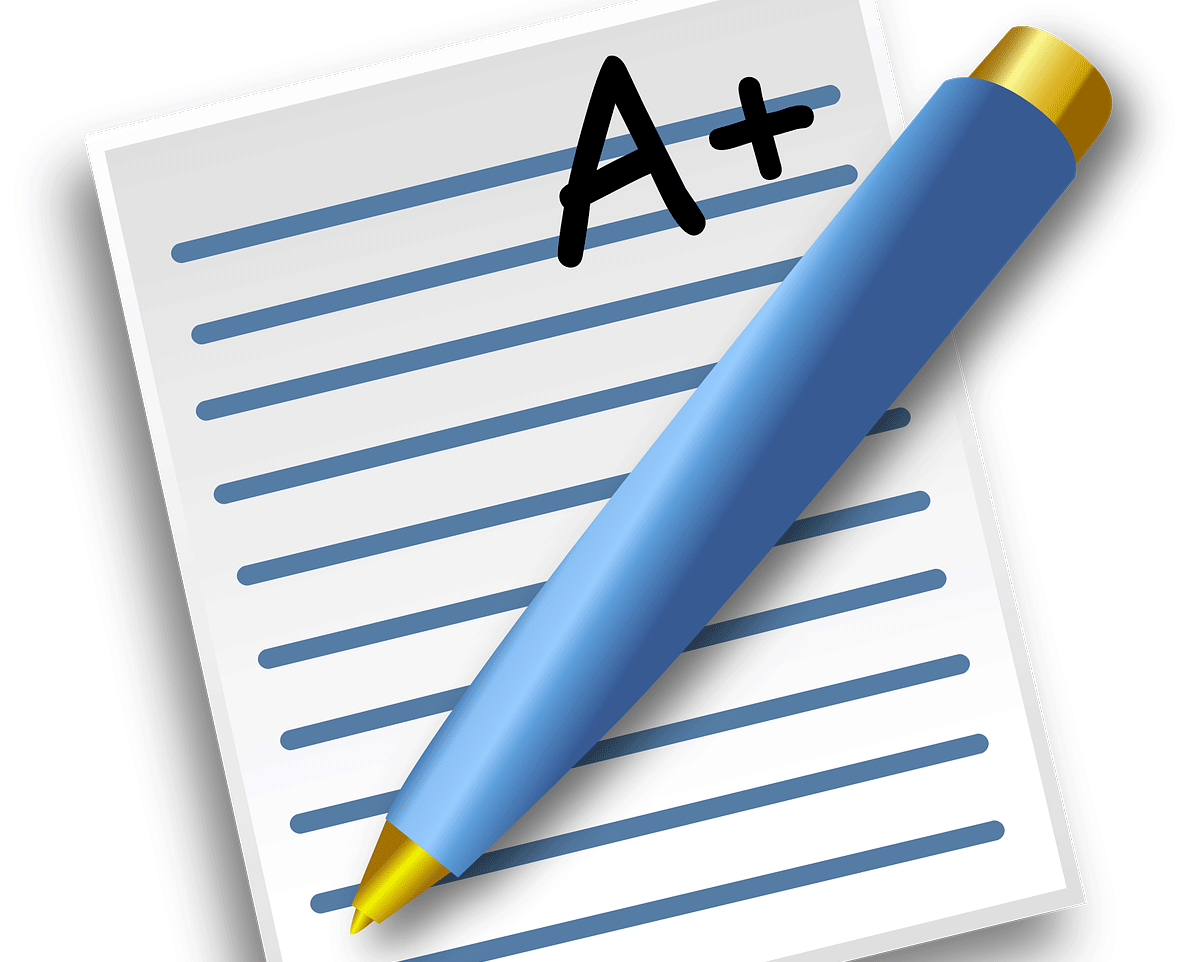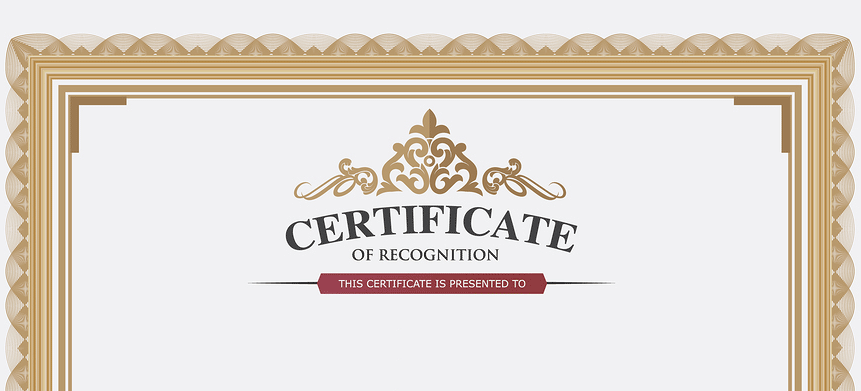Monday, June 19, 2017
Carpe Diem Charters Are Failing to Seize the Day, Or the Students
Looks like the Carpe Diem charter school chain which started in Yuma is experiencing problems. One of its Indiana schools lost its charter and is being shut down, and the flagship Yuma school is struggling to reach full enrollment. I've been following the Carpe Diem story since 2011, wondering if its "blending learning" system would rise or fall. Indications are, it's falling.
Charters wither and die all the time, so an ailing charter isn't news. What makes this news is the school's "blended learning" educational strategy and the lavish praise heaped upon it by people in the privatization/"education reform" community. The Goldwater Institute loves Carpe Diem. So did John Huppenthal when he was Ed Supe. What the charters do is "blend" computer-based learning with more traditional classroom teaching. For Carpe Diem, that means students spend hours in computer labs that look like call centers working their way through off-the-shelf online curriculum. They also spend some of their time in classrooms with teachers, but the computers take up so much of the students' day, it doesn't take many teachers to handle the classroom chores. The student-teacher ratio is 50-to-1, more than twice the ratio at most schools. That means a school with 300 students has six teachers, barely enough to stretch across the disciplines.
Conservatives love the blended learning concept because, well, teacher salaries are such a waste of money. Businesses don't make a profit on monthly paychecks. But if you cut the teaching staff in half and buy or rent lots of computer education programming—and of course you have to replace all those computers with new ones every few years—ka-ching! What once was money wasted on salaries ends up in the pockets of for-profit education companies and computer vendors. Conservatives don't put it that way, of course. It would sound crass. They say "blended learning" gives students curriculum tailored to their learning styles. Students move through the material as quickly or slowly as necessary to achieve mastery, with the educational software analyzing each student's responses to individualize the best learning strategy. Computer-based education is the disruptive wave of the future, and the future is now.
I doubt computers are the future of education, but they're certain to grow in importance. It's inevitable, and if it's done well, it can enhance and enrich student learning. But right now, do we have the software we need to both stimulate and educate students? And even if we have the right digital stuff, are students self-motivated enough to learn by sitting for hours in front of computer screens with only minimal interaction with educators? Carpe Diem and its supporters think so.
In 2010, the charter's state test scores were higher than expected, making it look like the blended learning strategy was succeeding. But there was a problem. The test papers had a significantly higher number of erasures than normal. Even more troubling, the number of erasures where wrong answers were changed to right answers was seven times the state average. Those are huge red flags pointing to the possibility that adults went through the finished tests and changed answers. If that's true, the schools scores meant nothing, and the adult cheaters should have been exposed and fired. But cheating by erasure is hard to verify, and Arizona didn't make a serious effort to investigate. However, the scores over the next two years added to the suspicion that the 2010 scores were inflated. In 2011 and 2012, the student passing rate on the state tests dropped between 10 and 30 percent. The school had a few explanations for the drop.
It changed its online curriculum. Lots of new students enrolled. The school principal died. Confident in its rationalizations and selling itself based on the 2010 "success," Carpe Diem expanded to other states in 2012, opening campuses in Ohio, Texas and Indiana.
I haven't seen any reporting on the Ohio and Texas schools, but the three Indiana schools have suffered with poor enrollment and low test scores. This year, the state charter board voted to close the Meridian campus. Built for 300, it had only 120 students. It earned a state grade of D for two years in a row, then moved up to a C. The current plan is to consolidate the three Indianapolis schools at the Meridian campus and see if they can make a go of it, but Robert Sommers, who has the job of expanding the franchise, isn't optimistic. He said it's hard to attract students and harder to keep them.
Charters wither and die all the time, so an ailing charter isn't news. What makes this news is the school's "blended learning" educational strategy and the lavish praise heaped upon it by people in the privatization/"education reform" community. The Goldwater Institute loves Carpe Diem. So did John Huppenthal when he was Ed Supe. What the charters do is "blend" computer-based learning with more traditional classroom teaching. For Carpe Diem, that means students spend hours in computer labs that look like call centers working their way through off-the-shelf online curriculum. They also spend some of their time in classrooms with teachers, but the computers take up so much of the students' day, it doesn't take many teachers to handle the classroom chores. The student-teacher ratio is 50-to-1, more than twice the ratio at most schools. That means a school with 300 students has six teachers, barely enough to stretch across the disciplines.
Conservatives love the blended learning concept because, well, teacher salaries are such a waste of money. Businesses don't make a profit on monthly paychecks. But if you cut the teaching staff in half and buy or rent lots of computer education programming—and of course you have to replace all those computers with new ones every few years—ka-ching! What once was money wasted on salaries ends up in the pockets of for-profit education companies and computer vendors. Conservatives don't put it that way, of course. It would sound crass. They say "blended learning" gives students curriculum tailored to their learning styles. Students move through the material as quickly or slowly as necessary to achieve mastery, with the educational software analyzing each student's responses to individualize the best learning strategy. Computer-based education is the disruptive wave of the future, and the future is now.
I doubt computers are the future of education, but they're certain to grow in importance. It's inevitable, and if it's done well, it can enhance and enrich student learning. But right now, do we have the software we need to both stimulate and educate students? And even if we have the right digital stuff, are students self-motivated enough to learn by sitting for hours in front of computer screens with only minimal interaction with educators? Carpe Diem and its supporters think so.
In 2010, the charter's state test scores were higher than expected, making it look like the blended learning strategy was succeeding. But there was a problem. The test papers had a significantly higher number of erasures than normal. Even more troubling, the number of erasures where wrong answers were changed to right answers was seven times the state average. Those are huge red flags pointing to the possibility that adults went through the finished tests and changed answers. If that's true, the schools scores meant nothing, and the adult cheaters should have been exposed and fired. But cheating by erasure is hard to verify, and Arizona didn't make a serious effort to investigate. However, the scores over the next two years added to the suspicion that the 2010 scores were inflated. In 2011 and 2012, the student passing rate on the state tests dropped between 10 and 30 percent. The school had a few explanations for the drop.
It changed its online curriculum. Lots of new students enrolled. The school principal died. Confident in its rationalizations and selling itself based on the 2010 "success," Carpe Diem expanded to other states in 2012, opening campuses in Ohio, Texas and Indiana.
I haven't seen any reporting on the Ohio and Texas schools, but the three Indiana schools have suffered with poor enrollment and low test scores. This year, the state charter board voted to close the Meridian campus. Built for 300, it had only 120 students. It earned a state grade of D for two years in a row, then moved up to a C. The current plan is to consolidate the three Indianapolis schools at the Meridian campus and see if they can make a go of it, but Robert Sommers, who has the job of expanding the franchise, isn't optimistic. He said it's hard to attract students and harder to keep them.
“That is just a fundamental flaw,” Sommers said. “Kids just didn’t want to enroll, and when they did, they didn’t want to stay.”The original Yuma school is struggling with enrollment as well. If there's a future for "blended learning," it looks like Carpe Diem isn't it.
Tags: Carpe Diem charter schools , Blended learning , Goldwater Institute , John Huppenthal













